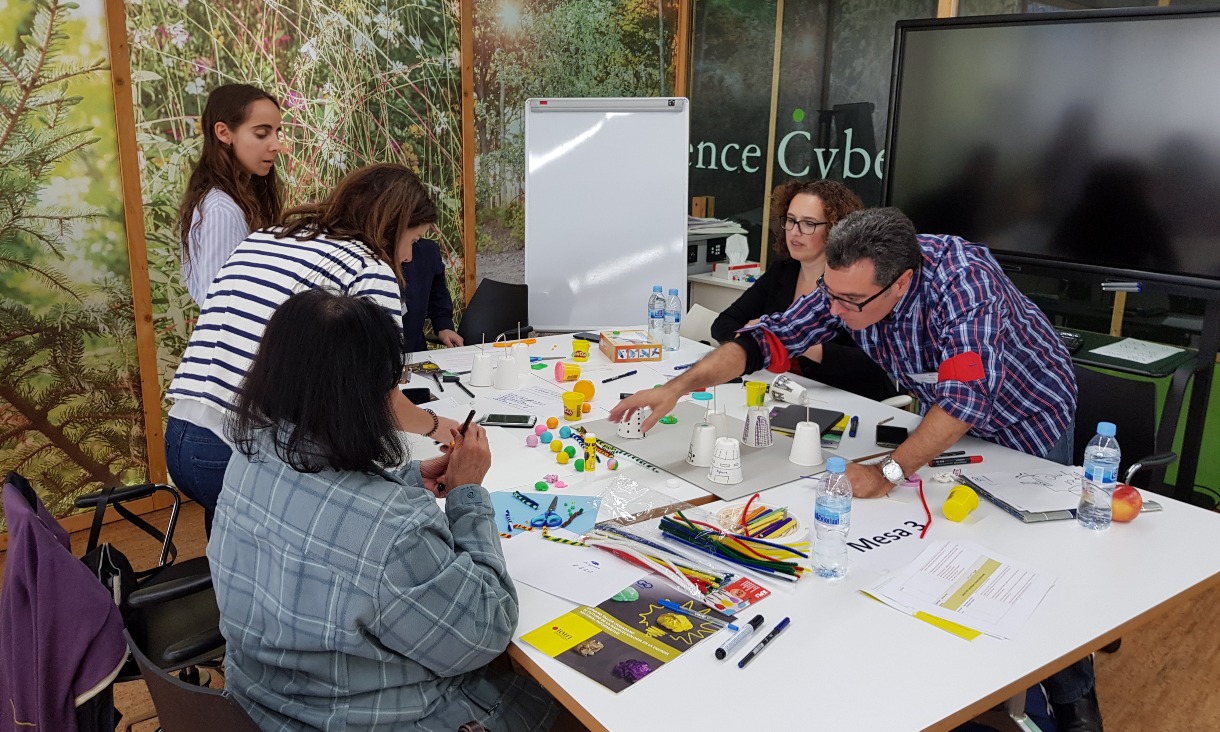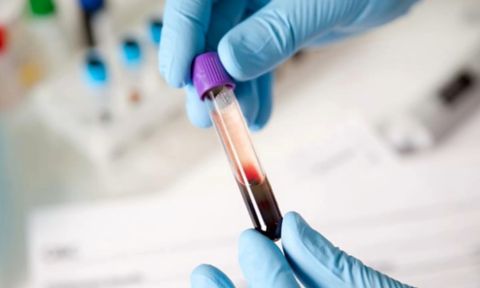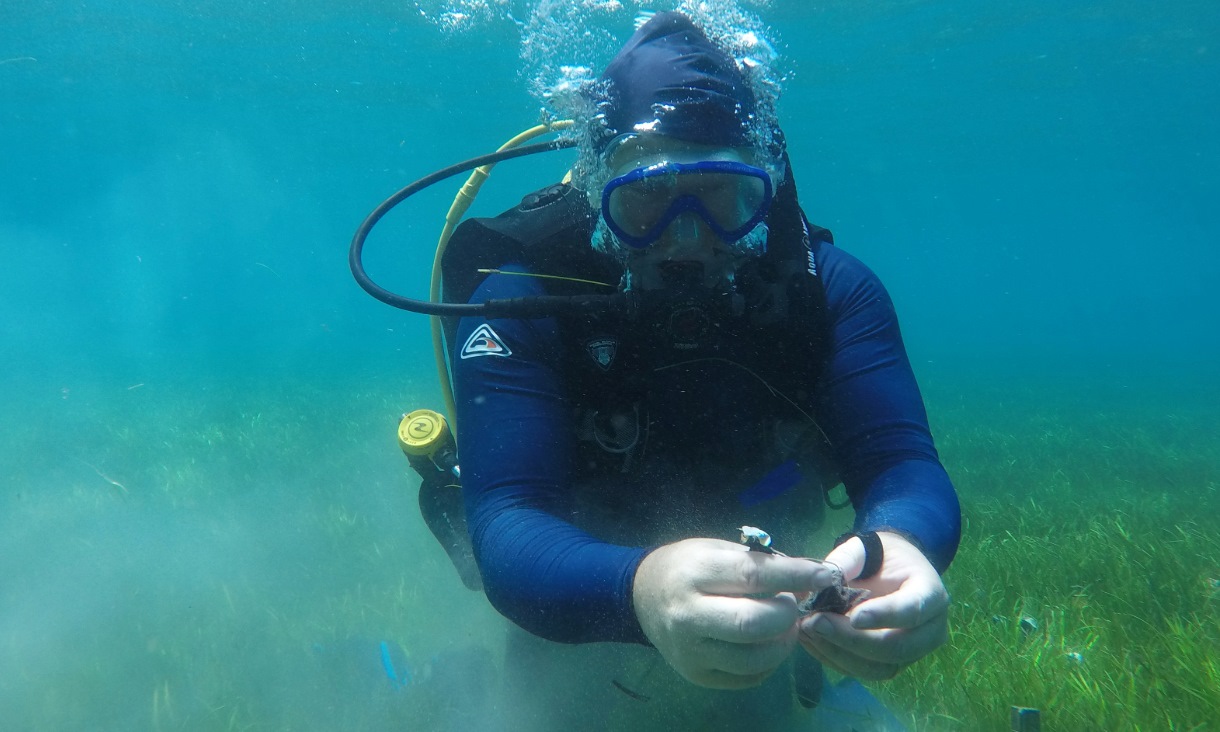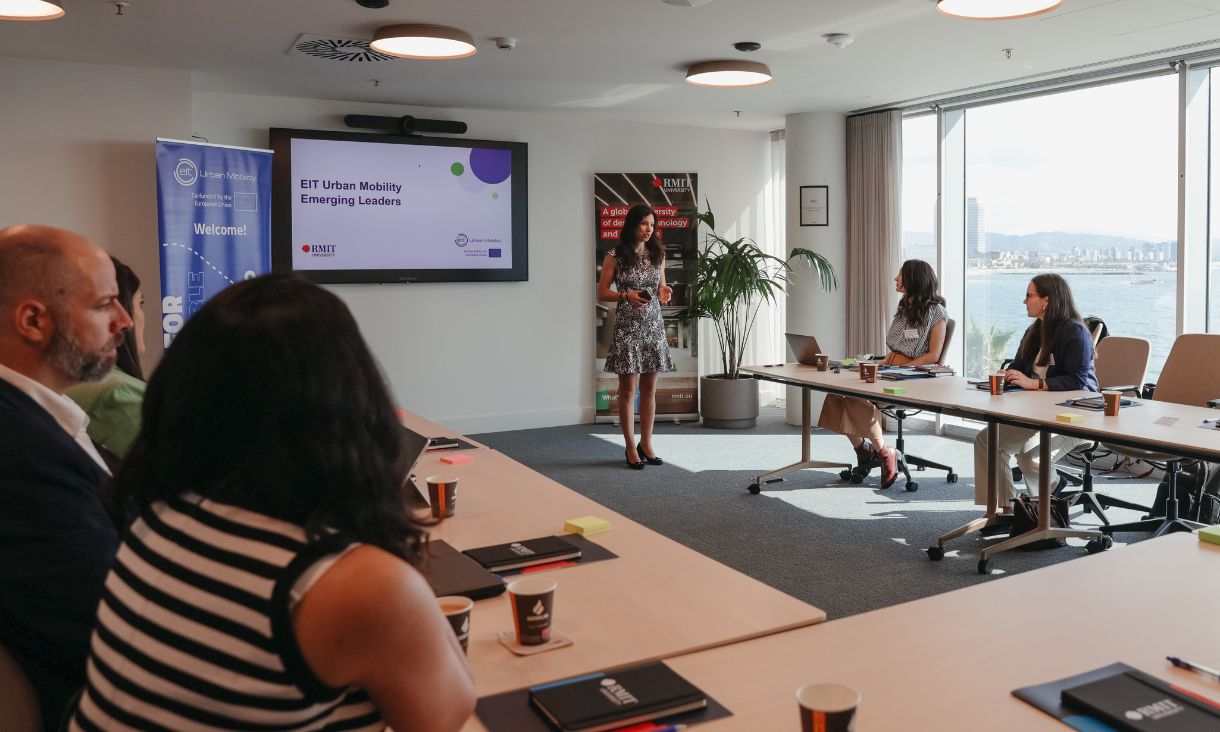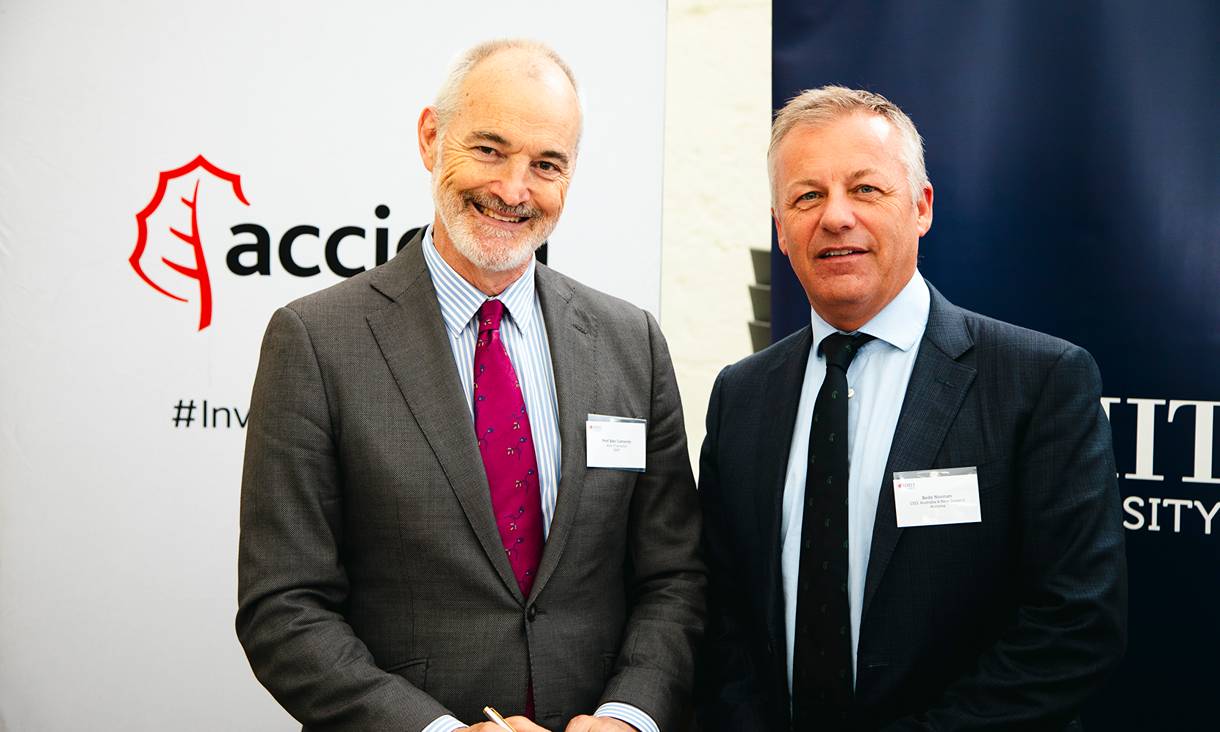RMIT researchers are part of a research team working on GoNano, a €2M European funded project focused on the governance of nanotechnology research through societal engagement.
Nanotechnology – the purposeful engineering of matter at the atomic or molecular scale – has given rise to great expectations in recent years, unlocking new research opportunities in areas as diverse as energy, healthcare, electronics, food and construction.
RMIT Europe Research Fellow Craig Richmond said GoNano addresses concerns about possible unintended consequences of the use of nanomaterials and a lack of regulation within the field.
"By enabling co-creation between citizens, researchers, industry, civil society organisations and policy makers across Europe, GoNano is aiming to better align research in nanotechnology with societal needs and concerns," he said.
"The co-creation model adopted has engaged citizens and stakeholder groups and encouraged them to share ideas and opinions through a series of interactive workshops and online consultations.
"Collectively, these activities have thus far mobilised hundreds of stakeholders and citizens across Europe and have provided productive spaces for engagement and mutual learning between the different stakeholder groups.
"Each step and every individual have played their part in shaping ideas for future nanotechnology research lines in the areas of health, energy and food," he said.
Richmond said citizens participating in a workshop on diabetes at the University of Twente raised concerns about the ownership of medical data, which encouraged the developers of an artificial pancreas to look beyond the technical aspects of their research and consider potential issues related to data management as well.
“Co-creation is a very effective tool for engaging with citizens and enriching the innovation process,” he said.
GoNano is now entering its final phase, where outputs will be consolidated in another round of stakeholder workshops at research project partner locations in Spain, The Czech Republic and The Netherlands.
Key learnings will be communicated to the research community at a winter school hosted by RMIT Europe in February 2020, followed by a final conference in Brussels in June.
To get involved in any of these activities or to find out more, visit the GoNano website or follow the conversation on Twitter (@GoNano_EU), Facebook (@GoNanoEU) and YouTube (GoNano-project).
RMIT Europe is actively involved in a number of other European research projects.
Story: Karen Matthews and Patricia Lora
